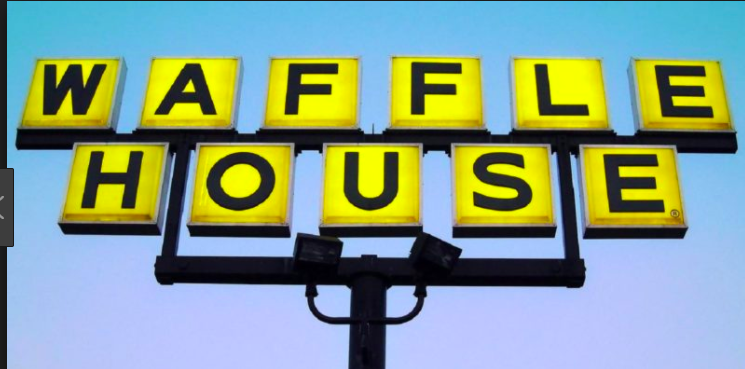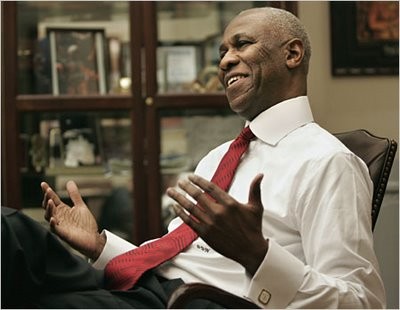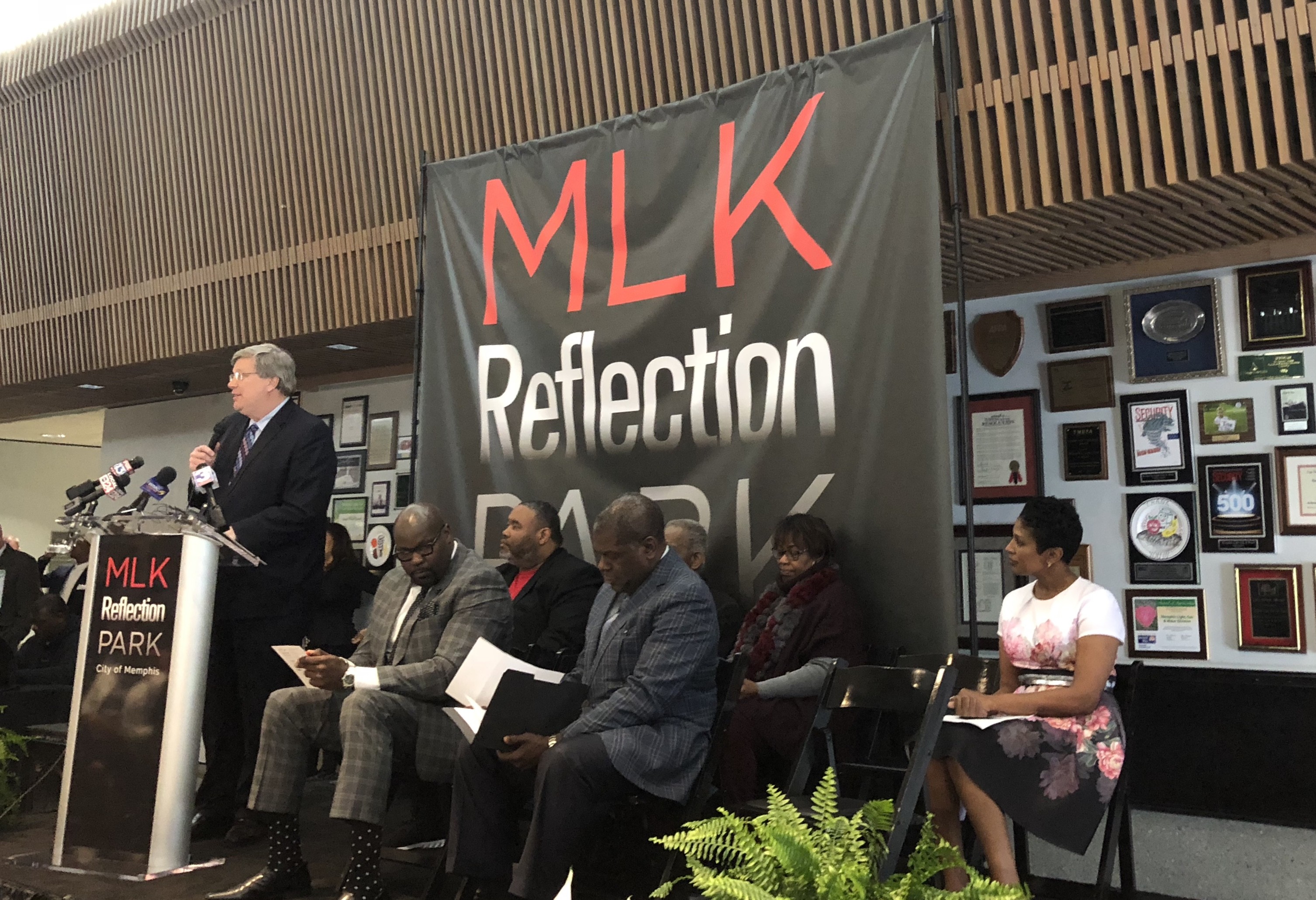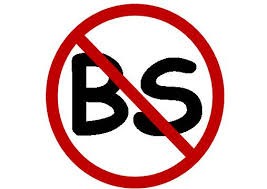The weekend imbroglio resulting from the publicizing of the involvement of a nominal Republican primary candidate for assessor with a racist and anti-Semitic hate group, and his subsequent shunning by the local GOP, illuminates several issues pertaining to our current system of electing public officials.
The most obvious is the simple fact that we are insisting on selecting people for countywide offices — including several ordained by the state constitution — through a process that requires them to profess loyalty to one of two political parties and to pass judgment by that party’s voters in a primary before gaining eligibility to run in the county general election.
 Photo by Arnaud Jaegers on Unsplash
Photo by Arnaud Jaegers on Unsplash
Yes, yes, we know that technically that’s not the case. We know that no aspirant for county office is mandated to wear a party label. Lots of independents declared for county office this year, and they will be on the general election ballot of August 2nd, right along with the candidates nominated by the two major political parties in the primaries that ended on Tuesday of this week.
But let’s face reality. These independents are on a course to lose en masse. To run for office without a party label in a partisan election means to run against what has become an ingrained tradition. It means running without the resources and network of supporters that are built into the party system. It means to attempt the near-impossible.
It was not ever thus. There was a time, through the early 1990s, when all candidates for Shelby County office ran as independents, even if they were well-known activists in the Republican or the Democratic Party. It was not uncommon for major candidates to have prominent members of both parties in their support networks; in fact, to have good, bipartisan, across-the-board backing was the rule for a successful campaign, not the exception.
All that changed in 1992, when the Shelby County Republican Party petitioned the Election Commission to hold a partisan primary for the two county races being run that election year — those of assessor and General Sessions Court clerk. The Democrats found it necessary to follow suit in 1994, when the next fully rostered county election took place. Veteran public servants, in jobs that had little to no bearing on specific political philosophies, were put in a squeeze. Experienced clerks who had always run as independents either had to choose a party or risk losing to candidates who did.
Meanwhile, the two parties attracted members whose sole interest was in the protective political cover these organizations provided at election time, not anything to do with their governing philosophies. (To resort to an old saw, what’s the Democratic or the Republican way to register deeds?)
Keith Alexander actually became the Republican nominee for assessor four years ago, and his attempted use of that disguise again in 2018 — with the prize at stake being the ancillary advantages, financial and otherwise, of major-party backing — is all the warning we need to abandon the current treacherous and needless partisan structure for future local elections of all kinds.
We can’t say we don’t know better.

 Justin Fox Burks
Justin Fox Burks 
 Jackson Baker
Jackson Baker 
 Richard Murff
Richard Murff